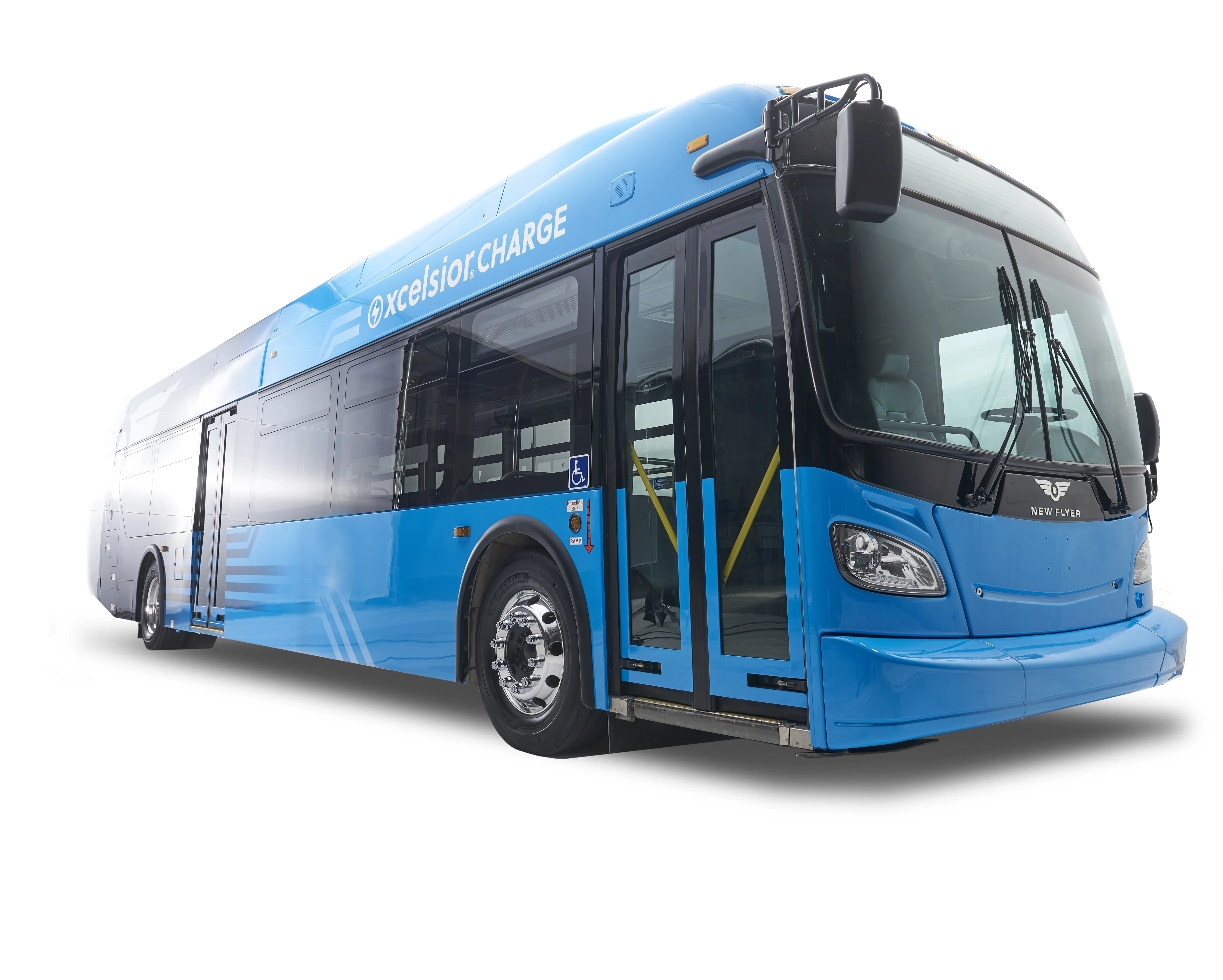A new guidebook for small- to medium-sized public private partnerships (P3) has been published by the Transportation Research Board's (TRB’s) Transit Cooperative Research Program (TCRP).
Prepared by strategic advisors at WSP, the TCRP Research Report 191, Public Transportation Guidebook for Small- and Medium-Sized Public-Private Partnerships (P3s), serves as a resource to explore, evaluate, initiate, plan and implement small- and medium-sized public-private partnership initiatives. The guidebook address
September 8, 2017
Read time: 1 min
A new guidebook for small- to medium-sized public private partnerships (P3) has been published by the 856 Transportation Research Board's (TRB’s) Transit Cooperative Research Program (TCRP).
Prepared by strategic advisors at
A P3 project screening checklist accompanies the guidebook and may assist transit agencies with screening and evaluating a P3 initiative.









